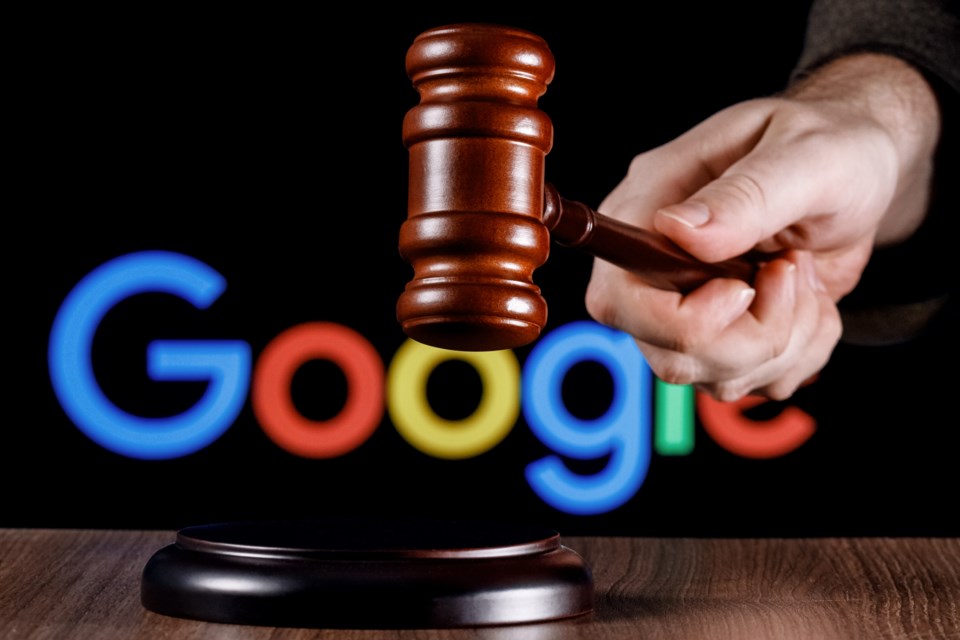A trial date for the lawsuit filed by Texas and several other states against Alphabet's Google, alleging the abuse of market dominance in advertising technology systems, was set by U.S. District Judge Sean Jordan.
The federal trial, anticipated to last approximately four weeks, will commence with jury selection on March 31, 2025, in Plano, Texas, according to the judge's order issued on Dec. 2, 2023. The jury selection and trial are set to occur at the United States Courthouse located at 7940 Preston Road.
According to Reuters, Texas attorneys urged Judge Jordan to schedule a trial for August 2024, contending that the delay was enabling Google to exploit its market dominance for an extended period, to the detriment of American consumers. In response, Google's legal team expressed a preference for a trial date after April 2025.
The legal action initiated by Texas and 16 additional states is one of three interconnected legal cases in U.S. federal courts that question the digital advertising practices of Google.
The initial antitrust case originated directly from the Department of Justice (DOJ), with eleven state attorneys general initially joining the litigation. The primary contention in the DOJ's case asserts that Google engaged in anti-competitive tactics to hinder the progress of its rival search engines in the market.
In Dec. 2023, Attorney General of Texas Ken Paxton, also submitted an amicus brief in support of Google users who are suing the company for allegedly deceptive collection, use and profit from their private information.
The plaintiffs assert that Google breached its agreements and unlawfully profited from users' personal information, which was obtained after users had opted out of syncing their Chrome web browser with a Google account. Despite users objecting to linking their browser activity to a Google account, Google purportedly collected the data and falsely claimed user consent. A federal district court ruled in favor of Google, applying flawed standards that prioritized the company's interests over those of consumers.
In the brief, Paxton calls on the U.S. Court of Appeals for the Ninth Circuit to overturn the decision of the lower court. The document contends that Google's actions are indicative of a broader trend where the company takes advantage of consumers by improperly utilizing their data access.




